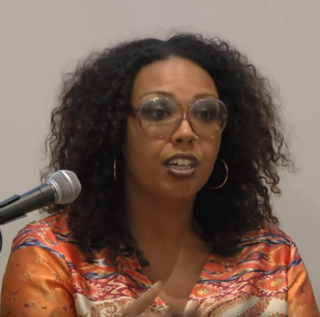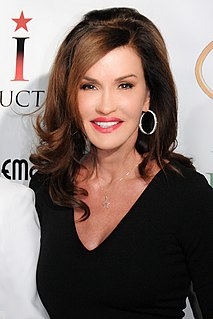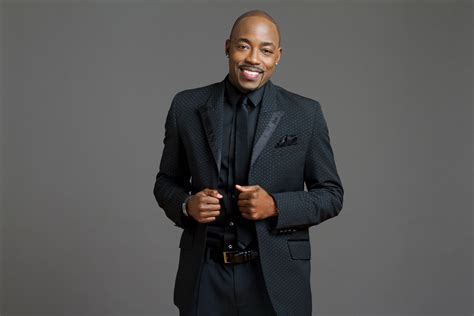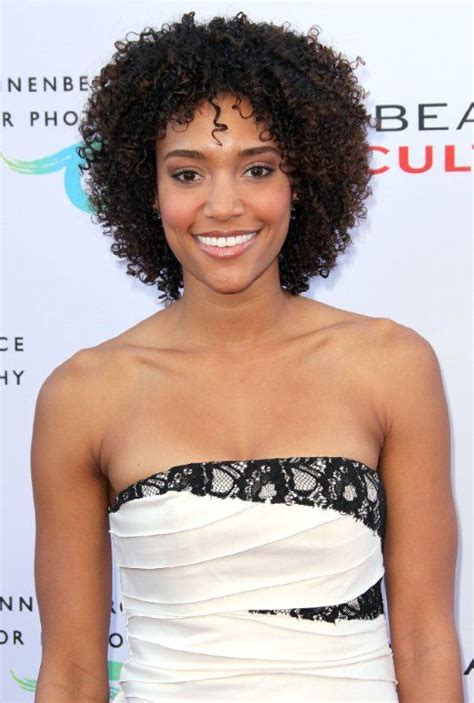A Quote by Madison Keys
I don't really identify myself as white or African-American. I'm just me. I'm Madison.
Related Quotes
When I looked at 'Dear White People,' you have four African-American students who are all very different and who are trying to figure out who they are. They're dealing with identity issues and crises. That is exciting to me, to see African-American young people on a page, on a screen, who are so diverse and whose stories are all so different.
When I was a kid, I'd go to the African-American section in the bookstore, and I'd try and find African-American people I hadn't read before. So in that sense the category was useful to me. But it's not useful to me as I write. I don't sit down to write an African-American zombie story or an African-American story about elevators. I'm writing a story about elevators which happens to talk about race in different ways. Or I'm writing a zombie novel which doesn't have that much to do with being black in America. That novel is really about survival.
African Americans, in particular, saw their cumulative wealth crash. They used to have 10 cents on the dollar of the average white family. That 10 cents on the dollar that the African American family used to have crashed down to 5 cents on the dollar, given the focus of predatory lending on the African American community and the degree to which they were really devastated by the foreclosure crisis. So yeah, I think there is a lot of disappointment out there.
I always thought books were just the canon, things I couldn't identify with. And then I was introduced to really amazing multicultural literature - it was all things I was trying to do unsuccessfully in my poetry. It really just changed everything. I was introduced to authors like Sandra Cisneros, Gabriel García Márquez, Junot Díaz, and a lot of African American literature, as well.
It's exciting to me that Ride Along is a movie that has two African American leads, but it's even more exciting to me that it's not a movie about two African American leads. They just happen to be African American. It's a universal story. It's a story about a guy in love with a girl, and he's gotta get the approval of the overbearing, mean brother. That's a universal theme.
That argument doesn’t make any sense to me. So we want to advance as a society and as a culture, but, say, if something happens to an African-American, we immediately come to his defense? Yet you want to talk about how far we’ve progressed as a society? Well, if we’ve progressed as a society, then you don’t jump to somebody’s defense just because they’re African-American. You sit and you listen to the facts just like you would in any other situation, right? So I won’t assert myself.
[Winning the White House was an achievement], but as an African-American, [Barack Obama], I think the symbolism is in how he conducted himself. The symbolism was in - and this sounds really, really small, but it's actually big for African-Americans - the symbolism was not in being an embarrassment, but to being a figure that folks were actually proud of.






































